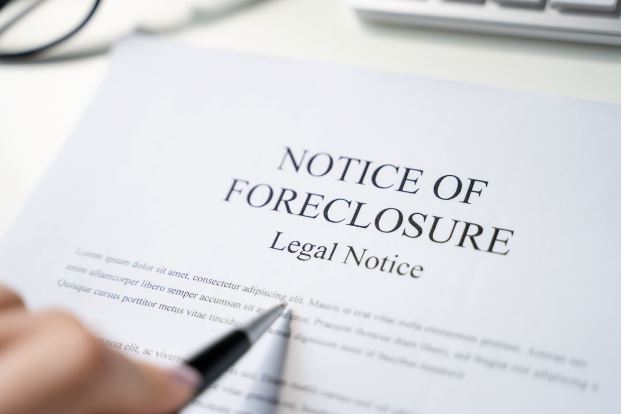Commercial foreclosure is a complicated process that benefits greatly from an attorney’s assistance. We provide litigation counsel and support for lenders and borrowers facing commercial foreclosure lawsuits.
Our firm is here to provide in-depth support and strategic guidance as you navigate the foreclosure lawsuit process. Prior to any formal services, you will need to arrange a consultation with an attorney who will review documentation and inform you about the legal commercial foreclosure process.
What is a commercial foreclosure attorney/lawyer?
Commercial foreclosure attorneys protect your interests and financial welfare as a client involved in a lawsuit. If you are a lender, then the lawyer can help you pursue restitution for lost expenses incurred by a client’s default on payments.
They can also help you develop loan negotiation contracts and terms to facilitate the restitution process. They may also defend you against lawsuits and help provide demonstrable evidence that your business has always acted in compliance with the law.
If you are a borrower, a commercial foreclosure attorney can help assist in evaluating lenders’ behaviors and determining whether or not they acted in accordance with the original agreement and relevant laws, such as the Truth in Lending Act (TILA).
Understanding the Commercial Foreclosure Litigation Process
A consultation with a qualified real estate attorney is the first step toward pursuing litigation. You will need to provide documentation outlining the details of the loan, its payment terms and conditions, and proof that it has been defaulted on/broken.
Both borrowers and lenders will need to seek legal counsel from a lawyer before they enter the litigation process.
Following your consultation, you can proceed with the formal foreclosure process. This includes:
- Issue a notice of default. The lender must issue the borrower a formal notice that they have defaulted on their loan. This notice must state the amount of money owed and a deadline for the borrower to pay off their balance.
- Formal complaint. Borrowers who do not meet the deadline for payment can have a complaint filed against them through the court. Through the complaint, a lender makes their formal declaration to pursue foreclosure of the commercial property.
- Court summons. The borrower will receive a summons to appear in front of a judge.
- Provide a legal answer. The borrower will then have to answer the complaint, which may include a legal defense against the foreclosure or disputes against the loan itself.
- Discovery process. The discovery process of foreclosure includes collecting information from both parties in order to build evidence in the case.
- Resolution/Summary. All parties will have the opportunity to resolve the litigation through negotiation. This is best handled through an attorney/lawyer. If they are unable to reach an agreement, then they may file a motion for summary judgment through the court.
After the initial consultation, the commercial attorney/lawyer will advise you on any relevant laws that may be beneficial to your case. For example, some borrowers may be protected by consumer protection or bank regulations. Leveraging these laws can provide legal protection during the foreclosure process.
Protect Your Business With a Skilled Commercial Foreclosure Attorney
Litigation is never a desirable process, but it can be a necessary step in seeking financial dues. If your business owes money, then responding to a lawsuit or filing one against a lender may also help protect your company against further losses.
At Warren S. Dank, Esq., P.C, we believe that the best way to protect your business from foreclosure litigation is by working with a skilled commercial foreclosure attorney/lawyer. Contact our offices today to schedule a consultation.

